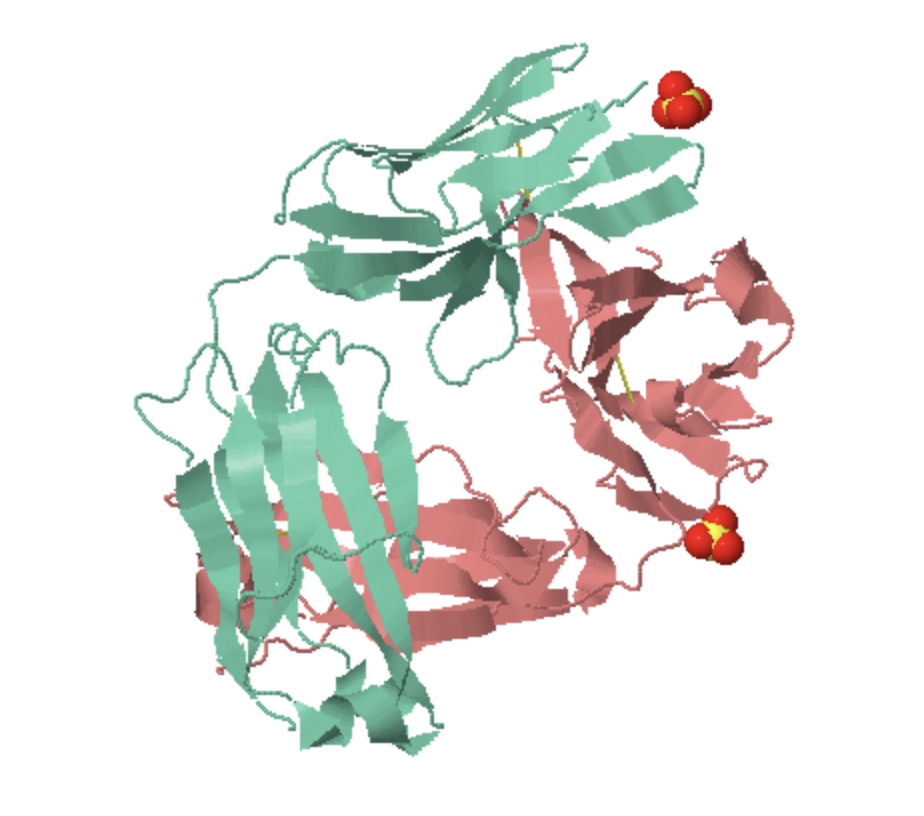 Image 1 of 1
Image 1 of 1


Human Adiponectin (Globular Domain)
SIZE
0.1 mg
(100 microgram)
INTRODUCTION
Adiponectin, also known as apM1, Acrp30, GBP28 and adipoQ, is a circulating hormone predominantly produced from adipose tissue. Many pharmacological studies demonstrated that this protein possesses potent anti-diabetic, anti-atherogenic and anti- inflammatory functions. Supplement of adiponectin protein can decrease blood glucose, improve insulin sensitivity, alleviate fatty liver and prevent atherosclerosis. The protein is post-translationally modified by hydroxylation and glycosylation, and forms three different oligomeric complexes in the circulation. Many clinical studies demonstrated that plasma adiponectin is an useful biomarker for metabolic syndrome, nonalcoholic steatohepatitis and certain type of cancers. Decreased circulating levels of plasma adiponectin (hypoadiponectinaemia) are associated with increased body mass index (BMI), decreased insulin sensitivity, less favourable plasma lipid profiles, increased levels of inflammatory markers and increased risk for the development of type 2 diabetes, hypertension, and coronary heart diseases. Low adiponectin concentrations were found to be predictive of a future reduction in insulin sensitivity and cardiovascular disorders. Administration of the anti-diabetic drugs thiazolidinediones (TZDs) raises circulating adiponectin levels. In addition, low plasma adiponectin levels are also associated with nonalcoholic steatohepatitis (NASH) and certain types of cancers.
SIZE
0.1 mg
(100 microgram)
INTRODUCTION
Adiponectin, also known as apM1, Acrp30, GBP28 and adipoQ, is a circulating hormone predominantly produced from adipose tissue. Many pharmacological studies demonstrated that this protein possesses potent anti-diabetic, anti-atherogenic and anti- inflammatory functions. Supplement of adiponectin protein can decrease blood glucose, improve insulin sensitivity, alleviate fatty liver and prevent atherosclerosis. The protein is post-translationally modified by hydroxylation and glycosylation, and forms three different oligomeric complexes in the circulation. Many clinical studies demonstrated that plasma adiponectin is an useful biomarker for metabolic syndrome, nonalcoholic steatohepatitis and certain type of cancers. Decreased circulating levels of plasma adiponectin (hypoadiponectinaemia) are associated with increased body mass index (BMI), decreased insulin sensitivity, less favourable plasma lipid profiles, increased levels of inflammatory markers and increased risk for the development of type 2 diabetes, hypertension, and coronary heart diseases. Low adiponectin concentrations were found to be predictive of a future reduction in insulin sensitivity and cardiovascular disorders. Administration of the anti-diabetic drugs thiazolidinediones (TZDs) raises circulating adiponectin levels. In addition, low plasma adiponectin levels are also associated with nonalcoholic steatohepatitis (NASH) and certain types of cancers.

